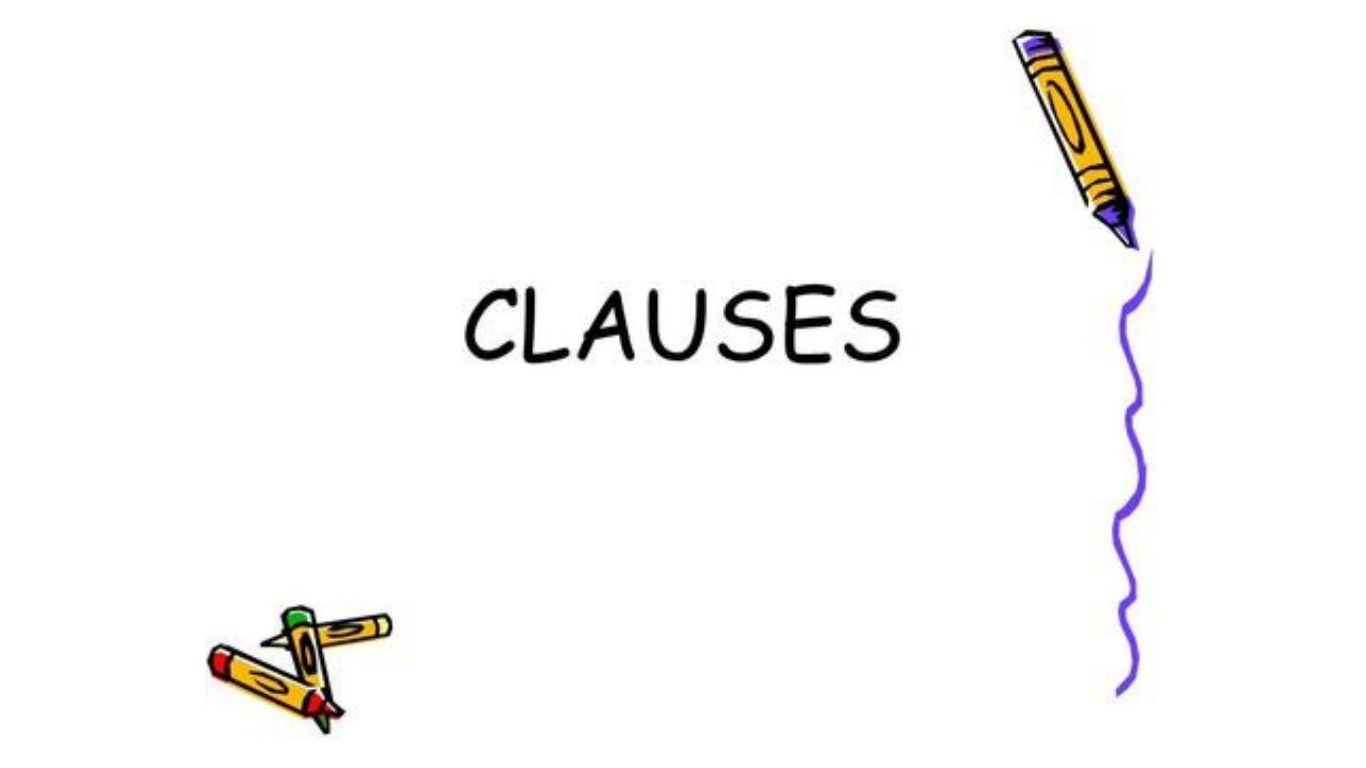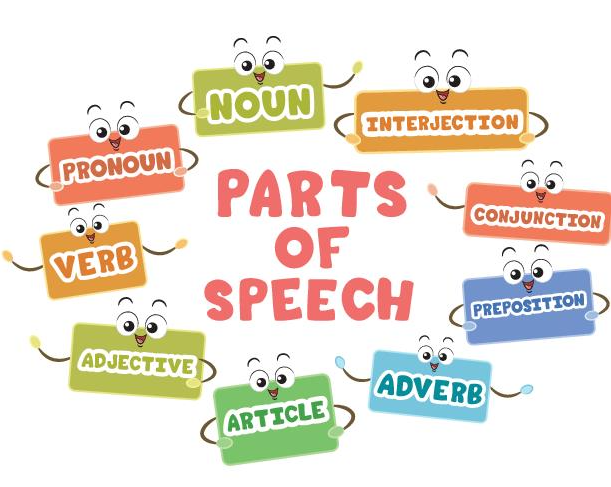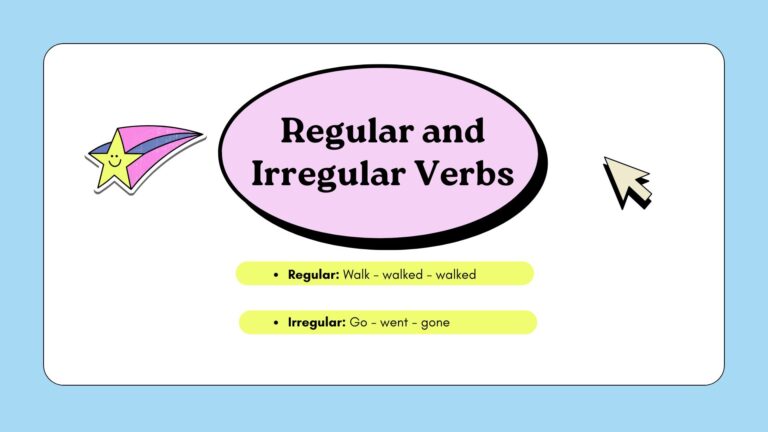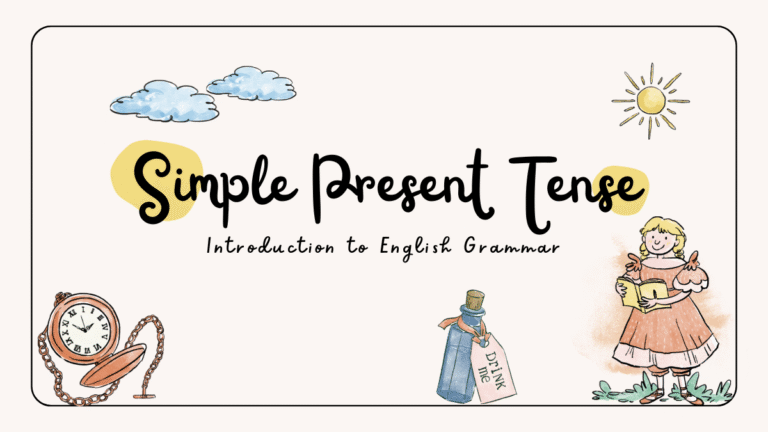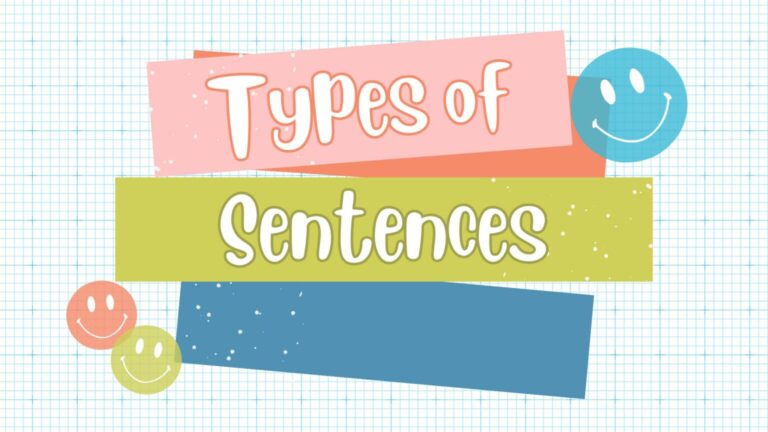Clauses and its Types
You often have to struggle with sentence structure. Understanding clauses is the key to overcoming this difficulty. This article will explore the different types of clauses. You’ll have a solid grip of how to use clauses to enhance your writing, making it more engaging.
Definition of Clauses and its Types:
Clauses are a fundamental building block of language, often defined as a group of words that contains both a subject and a verb. Clauses serve as the pillar of sentences, allowing us to convey complex ideas and emotions with clarity. By mastering the art of clauses, writers can craft descriptions that engage readers on multiple levels.
Moreover, clauses can be categorized into independent and dependent forms, each playing a unique role in sentence structure.
- Independent Clauses
- Dependent Clauses
- Adjective Clauses
- Adverbial Clauses
- Noun Clauses
Independent Clauses
An independent clause is a unit of meaning in a sentence, defined by its ability to stand alone while conveying a complete thought. For instance, consider the sentence, “The sun set behind the mountains.” This independent clause can exist on its own without requiring additional information. Understanding independent clauses is essential for enhancing your writing style.
Independent clauses create compound sentences:
When you combine independent clauses with coordinating conjunctions—like “and,” “but,” or “or”—you create compound sentences that enrich your narrative. For example, “The sun set behind the mountains, and the stars began to twinkle.” This combination not only adds depth but also allows for a rhythm. Recognizing the power of independent clauses can transform writing from simple statements into dynamic expressions. Embracing this structural element creates clarity in communication.
Dependent Clauses:
Dependent clauses are important components of language that add depth to our sentences. These are groups of words that contain a subject and a verb but cannot stand alone as complete sentences, they rely on independent clauses. For example, in the sentence “Although it was raining, we decided to go for a walk,” the phrase “Although it was raining” is a dependent clause.
Dependent clauses particularly convey relationships between ideas. They can indicate time, reason, condition, or contrast, enriching the narrative with layers of meaning. Consider the impact of using a dependent clause: “If you study hard, you’ll pass the exam.” Here, the dependent clause “If you study hard” not only introduces a condition but also creates a motivational tone.
Adjective Clauses:
Adjective clauses, also known as relative clauses, serve as essential building blocks in sentence. These are groups of words that contain a subject and a verb, these clauses typically begin with relative pronouns like “who,” “which,” or “that.” For instance, in the sentence “The book that I borrowed from the library was thrilling,” the clause “that I borrowed from the library” adds depth.
Adjective clauses allow us to weave complex ideas seamlessly. They enable us to convey difference in meaning that would require multiple sentences. Consider the example: “The artist who painted the mural is renowned for her innovative techniques.” Here, the clause “who painted the mural” not only identifies the artist but also invites curiosity about her work and style.
Adverbial Clauses:
Adverbial clauses enhance the depth and clarity of sentences. Defined as subordinate clauses that modify verbs, adjectives, or other adverbs, they provide essential information about the action taking place. For instance, in the sentence “She danced gracefully because she was filled with joy,” the clause “because she was filled with joy” explains the reason behind her graceful dancing. This not only enriches the narrative but also draws readers into the emotional landscape of the character.
One aspect of adverbial clauses is their ability to convey complex relationships between actions and circumstances. They can indicate time, reason, condition, or contrast, allowing writers to layer meaning effectively. Take the example: “Although it was raining, we decided to go for a hike.” Here, the clause “Although it was raining” introduces an unexpected twist, showcasing resilience against unfavorable conditions.
Noun Clauses:
Noun clauses serve as the backbone of complex sentences. A noun clause is a dependent clause that functions as a subject, object, or complement in a sentence. For instance, in the sentence “What she said surprised everyone,” the noun clause “What she said” acts as the subject, demonstrating how these clauses can deliver significant information while enhancing sentence complexity.
Noun clauses encapsulate thoughts or questions that drive the narrative forward. Consider the example: “I don’t know whether he will attend the meeting.” Here, the noun clause “whether he will attend the meeting” provides essential information about uncertainty. This highlights how noun clauses can provoke curiosity.

